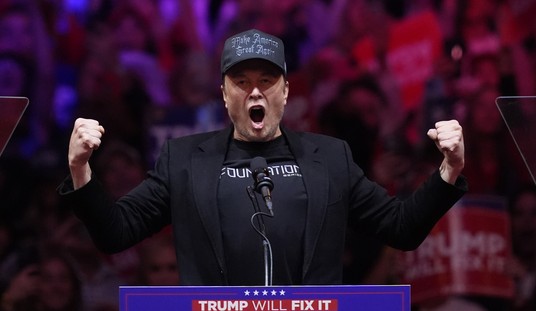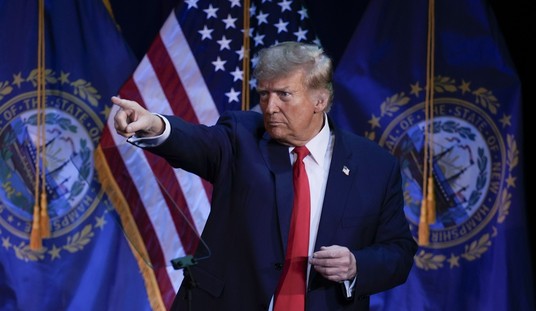The State Department spokesman told reporters Monday that Hillary Clinton’s confidential emails aren’t necessarily “spy thriller” level classification, and insisted that 63 classified emails out of sampling of 3,000 off her private server so far is “a pretty small percentage.”
More than 300 have been pulled by intelligence community reviewers for additional scrutiny.
“We’ve got intelligence community reviewers sitting with our reviewers as we go through that traffic. So what you’re seeing here is exactly what we want to see, which is the proper care and scrutiny being applied to this,” press secretary John Kirby said at the daily briefing when prodded about whether the department can still call the scope of the probe and violations “limited.”
“It’s a healthy thing. It’s a good thing. It doesn’t mean that all 300 are going to end up at some level of upgrade. I suspect some will and I suspect some won’t. We just have to let the process work its way out.”
Kirby added that “there’s a lot of work left to do, and I can assure you that there will be additional upgrades” to classified status “over time. It’s just a mathematical fact.”
“And what I think you’re seeing here is testament to the fact that we’re taking this very seriously, and we’re doing it deliberately and in a measured way, and we’re not going to shy away from making an upgrade recommendation if that’s, in fact, what has to happen,” he said.
Asked if even low-level classified information should be treated with appropriate safeguards by the U.S. government, Kirby replied, “Yes. Of course.”
“So why does the fact that it was low-level classified somehow change the fact that it is information that should be kept inside the circle of the government?” the reporter continued.
“It doesn’t,” Kirby said. “And I didn’t imply that.”
“At least not at this point in the review, we haven’t seen any indication that anybody did it willfully or negligently, that people knew at the time that they were transmitting,” the press secretary continued. “And that it was – that it was sent to former Secretary Clinton or anybody else on her staff doesn’t mean that they solicited that sensitive information or that the sender meant to put sensitive information out there at the time. So it’s just not as cut and dry as I think everybody would like it to be at this point.”
“…It’s inevitable at some point as you’re trying to do your job as a diplomat in sometimes sensitive situations or restrictive environments that information may come to you whether you wanted it or not that ends up being sensitive. When you know that’s the case, when you feel that’s the case, when you believe that’s the case, you have obligations – all of us do – to properly protect it.”
Kirby said that “if you do know or you have a reason to suspect, ‘Boy, I just got an email that’s got some sensitive information in here,’ there are steps in place, there’s procedures – we’re all trained on them – on how to deal with that.”
“You alert the IT folks, you alert the security folks, you do what you have to do. Sometimes it’s easy and sometimes it’s not so easy to know where that line is. But there are procedures in place regardless of where on the unclassified side that information resides and/or was transmitted, whether it’s a private Gmail account or my State.gov. There’s procedures and rules and they have not changed.”










Join the conversation as a VIP Member